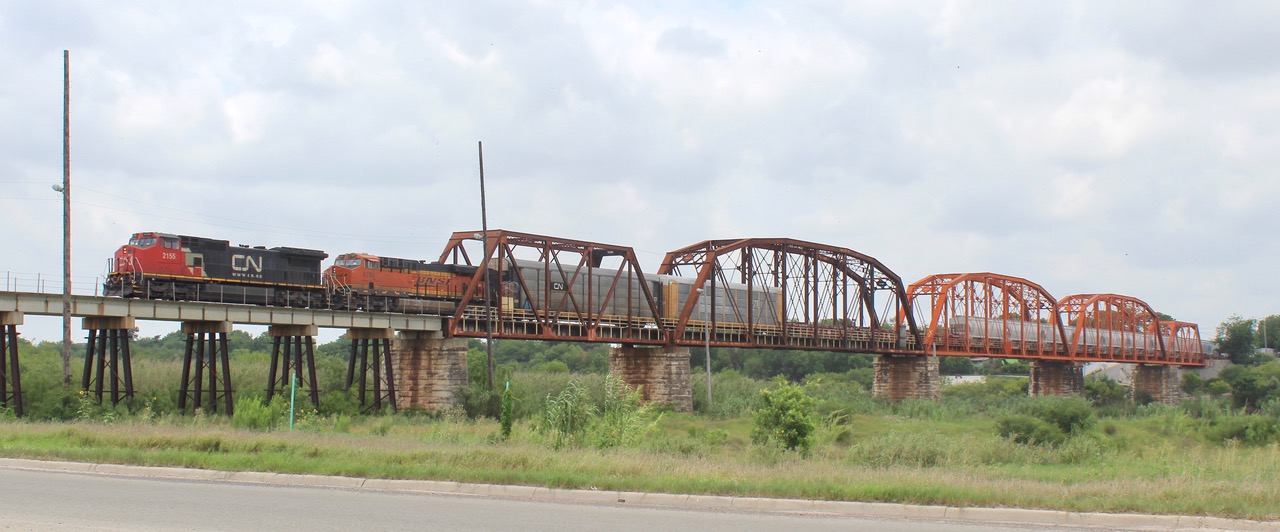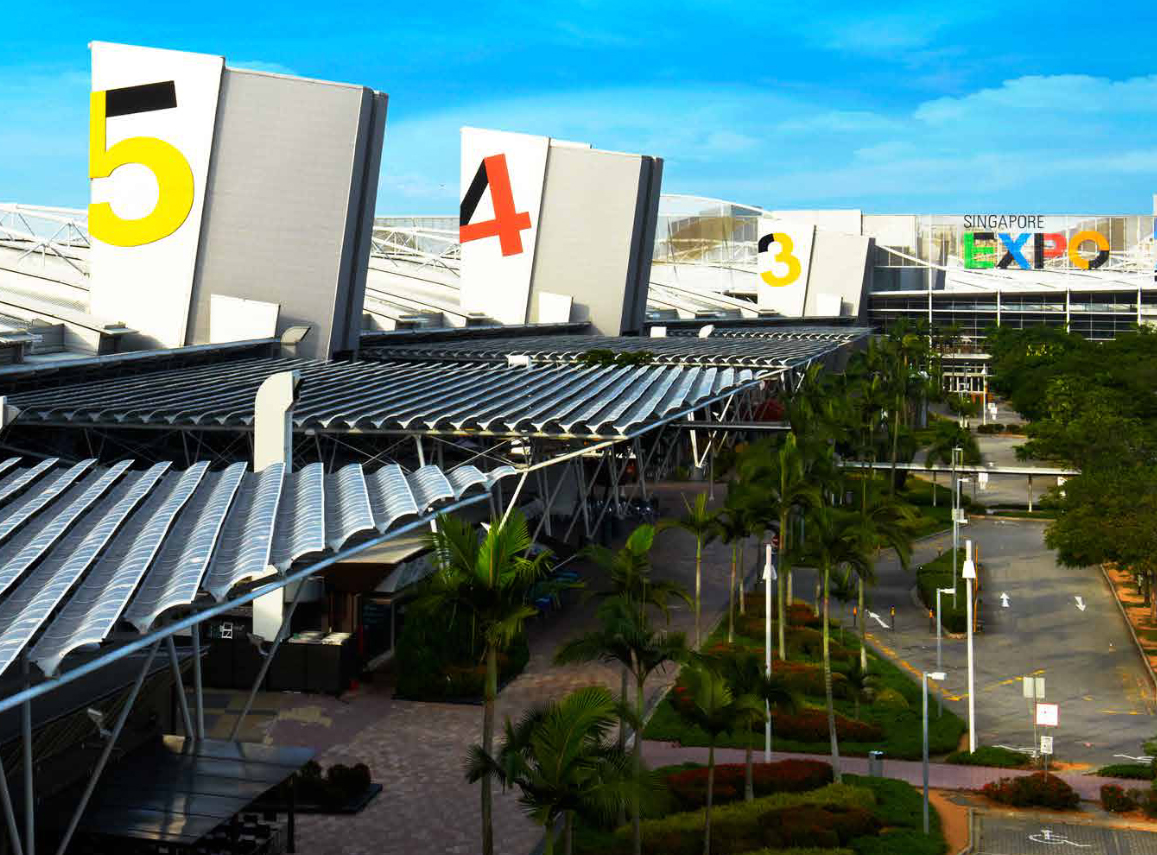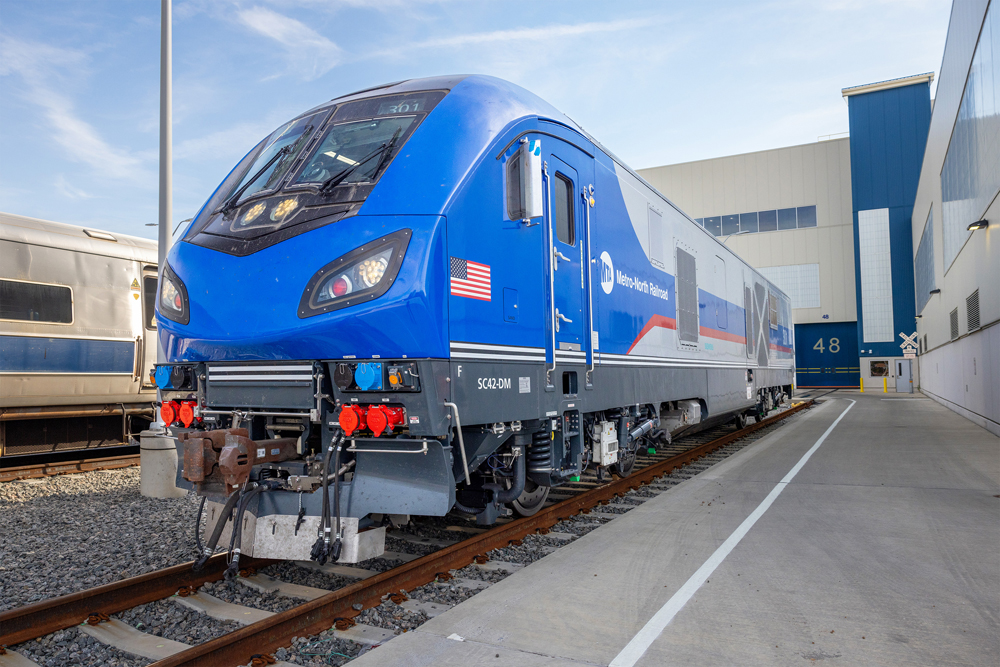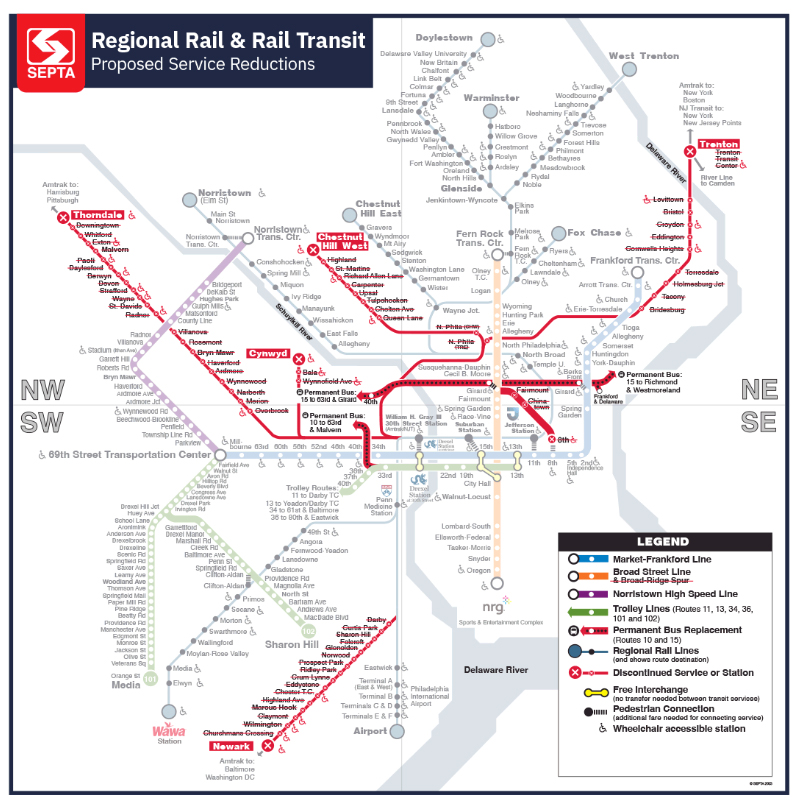The president yesterday announced that the U.S. would put a 5% tariff on Mexican imports beginning June 10. The tariffs would increase monthly until hitting 25% in October, with the lifting of the tariffs tied to Mexico helping stem the tide of Central American migrants flowing to the U.S. border.
The U.S. imported $371 billion worth of goods from Mexico last year, according to the Office of the U.S. Trade Representative. Key northbound rail-hauled shipments included finished vehicles and auto parts, appliances, beer, beverages, food, and new freight cars.
Analysts say the tariffs are unlikely to have an immediate impact on rail traffic.
“Well-established supply chains don’t turn on a dime. So if he imposes 5% tariffs everyone will just pay 5% more and traffic will be largely unaffected. You might see some surges to try and beat the deadline but that is limited by available capacity,” says intermodal analyst Larry Gross.
But the larger issue is that the tariffs could threaten the ratification of the USMCA trade deal that would replace NAFTA, the trade deal linking the U.S., Mexico, and Canada.
“It probably makes ultimate passage of the USMCA less likely and that might have long-term disruptive effects both north and south,” Gross says.
The rail industry is among those that have urged Congress and the Trump administration to ratify the trade deal.
BNSF CEO Carl Ice this month told the North American Rail Shippers association that ratification of the trade deal was important for railroads and the broader economy.
“We certainly believe it needs to be ratified. In the list of things that are bad, not ratifying is on that list,” Ice says.
The Association of American Railroads says the industry remains focused on ratification of USMCA.
“Any action that impedes its passage is concerning, such as tariffs that create barriers to commerce. We are watching what our customers say and do, particularly the auto and agricultural industries that move a lot of goods to and from Mexico. The rail network and the supply chain is integrated across North America and policymakers should do what they can do promote more trade – not less – across the continent,” the AAR said in a statement today.
It’s also unclear whether Mexico will retaliate with tariffs on American goods. “How will Mexico’s populist leader react to Yankee interference,” asks independent rail analyst Anthony B. Hatch.
The U.S. exported $299 billion worth of goods to Mexico last year, including auto parts, machinery, vehicles, and plastics. Mexico also was the second-largest destination for U.S. agricultural exports, including corn, soybeans, dairy products, beef, and pork.
“I think the real question and potential real impact will come from what, if anything, Mexico does in response,” says Todd Tranausky, a rail and intermodal analyst with FTR Transportation Intelligence. “The amount of U.S. agricultural products that move to Mexico has been well documented. There are also petroleum product shipments moving in significant amounts that could be hurt if Mexico takes retaliatory action against the latest round of U.S. tariffs.”
Retaliatory tariffs could be significant because of the breadth of U.S. products moving south to Mexico, Tranausky says.
Automakers would be particularly affected by the tariffs. Some 17% of cars sold by the Big Three domestic automakers last year were produced at assembly plants in Mexico.
Cross-border traffic represented 11% of UP’s 2018 total volume and generated $2.5 billion in revenue. More than 15% of UP’s premium volume — which includes intermodal and auto traffic — crossed one of the six major gateways to Mexico. UP also has a 26% stake in Ferromex, the largest Mexican railroad.
At KCS, cross-border traffic accounts for nearly 30% of volume and a third of the railway’s revenue. Petroleum product exports to Mexico from Gulf Coast refineries has been the fastest-growing export commodity KCS handles.
The railway says it’s unable to estimate the potential impact of the tariffs on its business.
“KCS hopes that such action will not be necessary and that efforts of the U.S. and Mexican governments to stem the flow of immigrants through Mexico to the U.S. border are not tied to the vital commerce that exists between the two countries and Canada,” spokeswoman C. Doniele Carlson says. “KCS appreciates and strongly supports the president’s leadership on congressional passage of the USMCA and believes it will bring needed improvement over the NAFTA agreement and certainty about North American competitiveness going forward.”
KCS CEO Patrick Ottensmeyer has pointed out that the value of the Mexican peso tends to sink roughly in line with tariffs, which can help blunt the cost of tariffs and keep Mexican products competitive.
KCS stock sank more than 6% this morning after the market opened. UP stock was down 2%.
Hatch called the latest trade spat “insanity,” pointing out that the U.S. and Mexico were nearing ratification of USMCA after the president decided to focus his trade efforts on China.
“It is another sign of willful misunderstanding of economics – trade deficits don’t matter,” Hatch says.
UPDATED: Additional information from Anthony Hatch and Kansas City Southern. 1:49 p.m. Central time, Friday, May 31, 2019.
UPDATED: Additional quotation from Kansas City Southern. 3:14 p.m. Central time, Friday, May 31, 2019.














